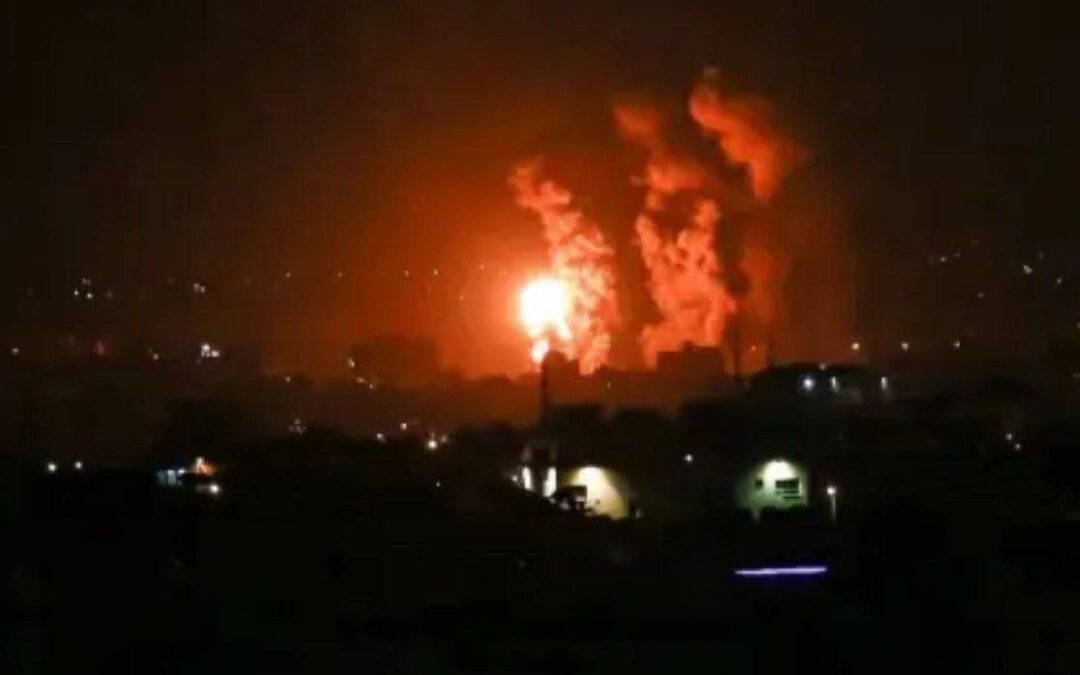Palestinian writer Khaled Barakat, member of the Executive Committee of the Masar Badil, the Palestinian Alternative Revolutionary Path Movement,stated that the Zionist entity has been living in a deep strategic and historical predicament since the Al-Aqsa Flood operation, and that its ongoing attempts to expand aggression in Gaza, the West Bank, Lebanon, and elsewhere reflect its repeated failure to restore the balance of deterrence that collapsed on October 7.
Barakat affirmed that a political and military response by the resistance to the occupation’s violations in Palestine and Lebanon would represent a devastating failure for Netanyahu’s policies, not the opposite. Such a response also blocks Washington’s attempts to impose its conditions and American hegemony, places the Trump administration in both internal and external turmoil, and topples its arrogance in the region.
He stressed that the occupation understands only the language of resistance and strength, calling for not betting on so-called Arab and international mediations or American promises, which in essence seek to rescue Israel from its predicament. He added that any leniency in responding to the enemy’s crimes weakens the position of the resistance in Palestine, Lebanon, and the region, and encourages the enemy to escalate further.
In an interview with Al-Sahat TV, Barakat said that the Yemeni model in resistance and politics, despite the unique conditions of each country, serves as the compass that should guide all resistance forces in the region. He pointed out that this model possesses revolutionary leadership, a popular base, steadfastness on the battlefield, and political independence, which have enabled it to impose new equations despite siege and war.
Barakat also called on the Palestinian resistance factions to move swiftly toward establishing a unified Palestinian national front to lead the national liberation struggle, and to coordinate political, military, and popular efforts across all fronts of confrontation. He explained that unifying the national ranks remains the most effective path to deepening the occupation’s crisis and accelerating its internal and political collapse, and to transforming the struggle from scattered fronts into a comprehensive resistance project that embodies the national will of the Palestinian people in the homeland and in the diaspora.
Barakat concluded by affirming that what is unfolding today is an open existential struggle, and that the resistance and its vast popular camp on the global level possess the will and the capability to continue the struggle to stop the aggression and to change the rules of engagement in favor of Palestine and the peoples of the region.

